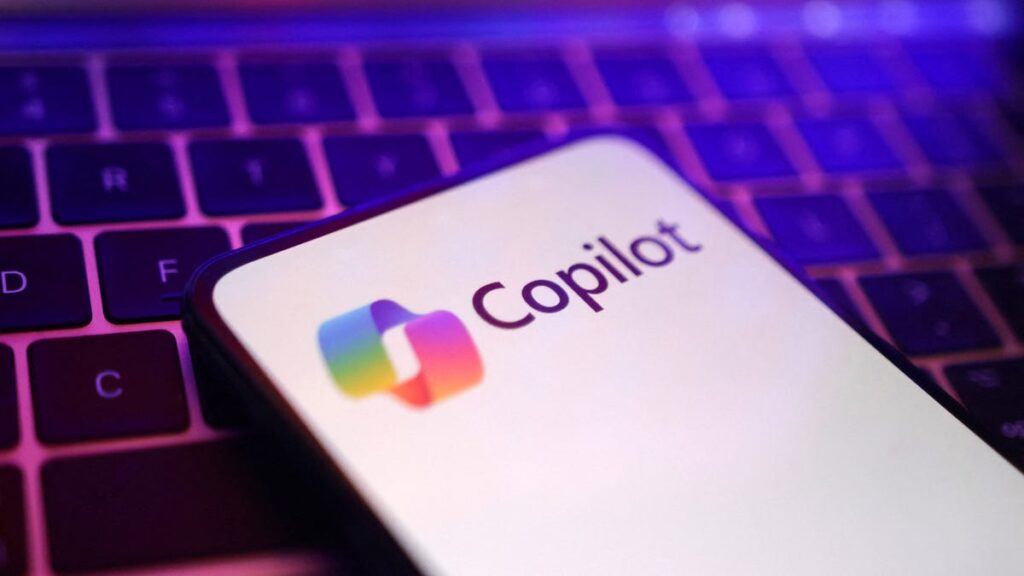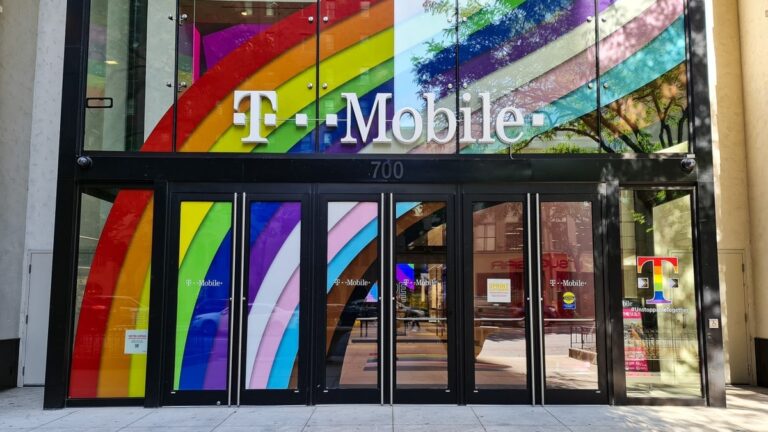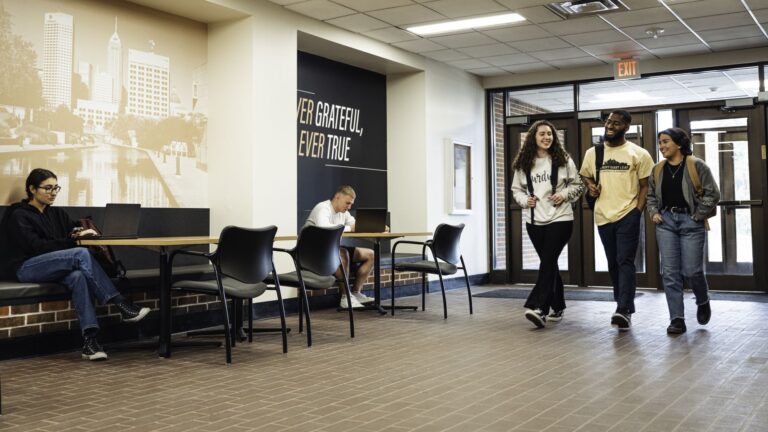
Can’t we all just get along? How do we encourage AI and human synergies in the workplace?

Will AI replace your job? Which occupations are most at risk
A recent study on artificial intelligence highlighted which jobs are at risk of being replaced by AI in the near future.
unbranded – Lifestyle
As we’ve seen with other disruptive technologies over the decades, generative AI’s rapid adoption has sparked a very human concern among many in the white-collar workforce: job displacement.
The Pew Research Center published findings from an October 2024 survey that found more than half (52%) of U.S. workers are “worried” about the future impact of generative AI on their careers. Similarly, a recently published PYMNTS Intelligence Report based on survey results collected a month later revealed as many as 54% of U.S. workers believed genAI posed a “significant risk” of widespread layoffs.
But are these fears justified?
PYMTS, which publishes news and insights on the financial sector, found 82% of those who use genAI at least weekly reported that it increases their productivity.
Other surveys have found similar results. Conducted by researchers from Stanford, George Mason and Clemson Universities, a report published in April found workers using AI claim a three-fold productivity gain, estimating tasks that would normally (i.e., manually) take about 90 minutes to complete can be finished in 30 minutes with the help of genAI.
In other words, perhaps AI tools will augment rather than replace staff to provide the most efficient outcomes for employees — and perhaps yield more profitable results for employers.
Collaboration, not condemnation
Billed as “your AI companion,” Microsoft’s Copilot is one of the biggest players in this space, and the benefits of embracing AI in the workplace are highlighted in the company’s latest Work Trend Index.
A recent study showed “that an individual with AI now outperforms a team without it,” affirms Colette Stallbaumer, WorkLab Cofounder and General Manager of Copilot, at Microsoft. “But a team using AI outperforms them all.”
“It’s all about this combination of sort of AI fluency and human skills, and I really believe the future belongs to people who can partner with AI,” adds Stallbaumer.
On why Copilot, Stallbaumer says it’s integrated with “all the tools that millions of people already use every day at work,” such as the Microsoft 365 suite of productivity apps. “Copilot goes with you where you work, it understands your organizational data, it’s secure, and while you’re in control of it all, it’s easy for employees to create and build ‘agents’ and set them to work on their behalf,” she adds.
Leveraging artificial intelligence, AI agents are programs that can perform tasks and achieve goals for you, such as a smart personal assistant that can interact with your customers, like a chatbot that can learn and adapt its behavior over time.
Stallbaumer says the new phrase “agent boss” refers to a human manager who uses or oversees the work of AI agents.
One example could be a sales professional who might leverage one agent to draft a request for proposal (RFP) and another agent to pull high-potential leads from their CRM data, and then bring the two together.
“Interestingly, our data showed that employees at companies with human-agent teams are actually more satisfied with their work, and so there’s something really interesting happening when everyone is empowered with AI.”
Upskilling and new AI-related jobs
While some workers may be losing sleep over the threat of genAI coming after their jobs — and it didn’t help that Amazon’s CEO Andy Jassy recently conceded that AI will likely reshape its 1.5 million workforce in coming years — employees could in fact learn to master genAI as a kind of insurance policy.
“Our data showed that 47% of business leaders say that their top workforce priority is upskilling existing employees over the next 12 to 18 months,” says Stallbaumer.
Carolina Milanesi, president and principal analyst at Creative Strategies, a Silicon Valley–based technology research firm, agrees. “It’s true that AI is going to impact every single job, one way or another — it will take some jobs, but also create a lot of jobs that were not possible before — and existing workers should be learning AI skills, too.”
Milanesi quotes Cisco’s President Jeetu Patel. “Don’t be afraid of AI taking your job. Be afraid of someone who knows how to use AI well from taking your job.”
“People can also take advantage of AI to do menial tasks that they don’t want to do to free up their time and energy for more interesting parts of the jobs,” adds Milanesi.
Microsoft is calling 2025 “the year the ‘frontier firm’ is born,” defined by the Work Trend Index as “a company powered by intelligence on tap, human-agent teams, and a new role for everyone: agent boss.”
And “remember it’s early innings right now,” says Stallbaumer. “Only 1% of global leaders say their AI strategy is fully implemented, and so as we start to see the emergence of the ‘frontier firm’ we will see some exciting things ahead.”
“We will have to learn how to leverage and interact with AI, especially in the era of agentic AI,” adds Milanesi, “and take advantage of this powerful technology for our benefit.”





